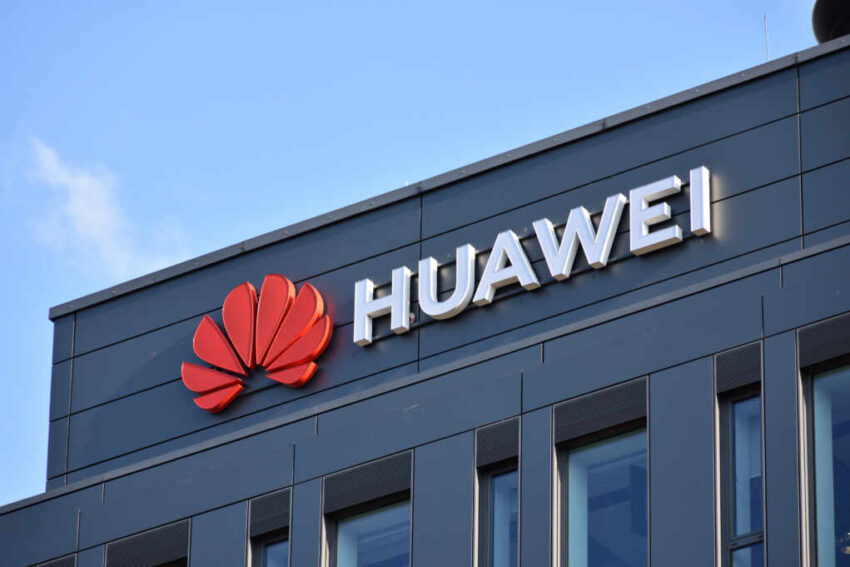A U.S. federal judge has ruled that Huawei Technologies must face a sweeping 16-count criminal indictment, rejecting the company’s bid to dismiss charges including racketeering, trade-secret theft, and sanctions violations stemming from its business with Iran and North Korea.
At a Glance
- A Brooklyn court upheld 13 of 16 charges against Huawei, advancing the case to trial.
- Allegations detail Huawei’s use of Skycom to evade Iran sanctions and facilitate surveillance.
- The indictment also accuses the company of bank and wire fraud through U.S. financial institutions.
- The case traces back to the 2018 “China Initiative” under the Trump administration.
- A multi-month trial is scheduled to begin May 4, 2026, in Eastern District of New York.
Legal Ruling and Historical Context
U.S. District Judge Ann Donnelly dismissed only three counts, allowing the remaining charges to proceed. The Associated Press reports that the indictment alleges Huawei conspired to export U.S. technology to Iran and North Korea using its Skycom subsidiary and defrauded banks, including HSBC, through fraudulent misrepresentations. As Reuters confirms, these charges were originally filed during the Trump administration’s “China Initiative” aimed at curbing foreign influence in critical technology sectors.
Watch a report: U.S. Judge Confirms Huawei Must Face Criminal Charges
Huawei’s Strategy and National Security Impact
Huawei has pleaded not guilty and characterized the charges as politically motivated. Still, prosecutors argue the company’s role in sanctions evasion and trade-secrets theft is clear. The indictment claims Huawei used Skycom to obscure dealings with sanctioned regimes and worked with foreign governments to suppress protests, including alleged surveillance support during the 2009 Iranian unrest.
The case comes as Huawei continues its strategic pivot toward industrial AI and domestic tech development, following severe restrictions on semiconductor access imposed by Washington. Legal analysts say the outcome could redefine global standards for tech liability and cross-border enforcement.
Repercussions for Tech & Policy
U.S. officials have labeled Huawei a national security threat, prompting allies to bar its equipment from sensitive infrastructure. The upcoming trial, now set for May 2026, could influence trade dynamics, surveillance debates, and the legal precedent for holding multinational tech firms accountable under U.S. law.
As Huawei prepares to defend itself in one of the most complex corporate criminal cases in modern history, Washington and Beijing brace for renewed diplomatic and economic fallout.
Click this link for the original source of this article.
Author: Editor
This content is courtesy of, and owned and copyrighted by, https://deepstatetribunal.com and its author. This content is made available by use of the public RSS feed offered by the host site and is used for educational purposes only. If you are the author or represent the host site and would like this content removed now and in the future, please contact USSANews.com using the email address in the Contact page found in the website menu.








